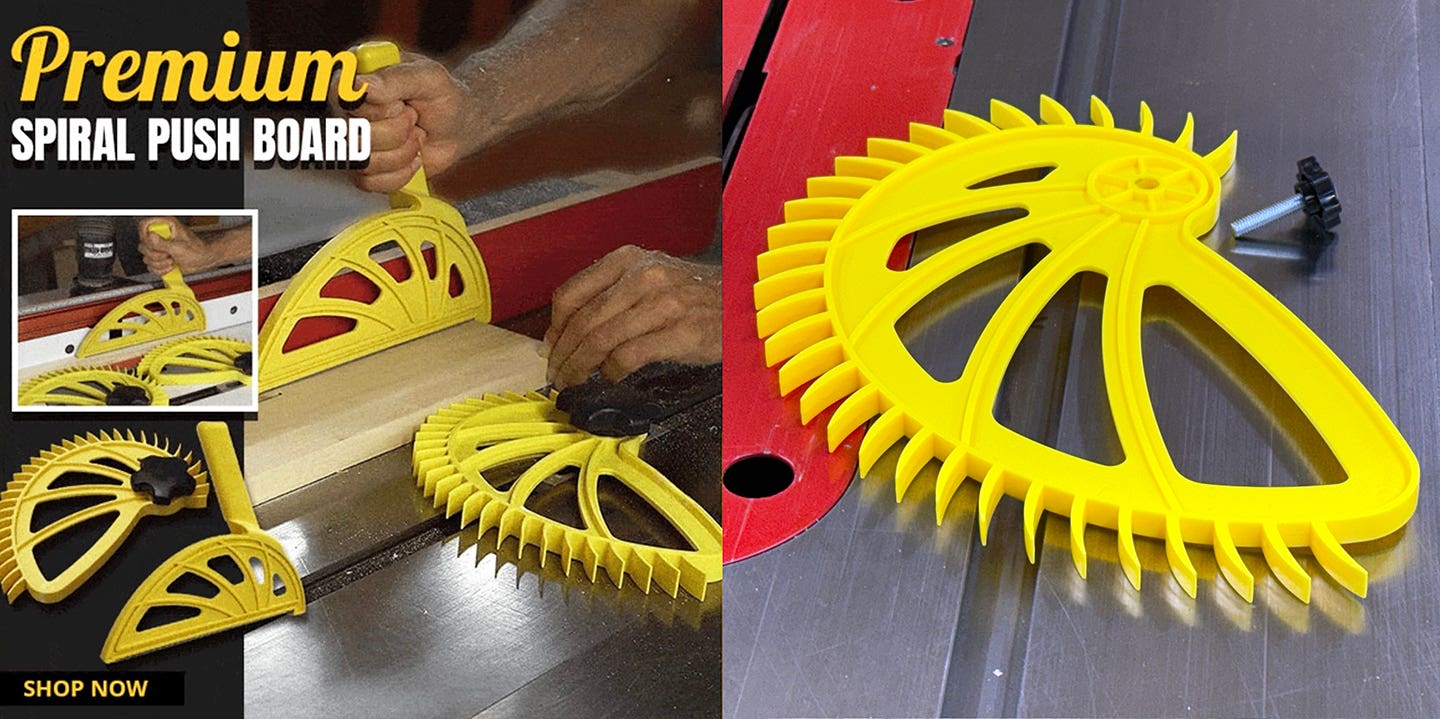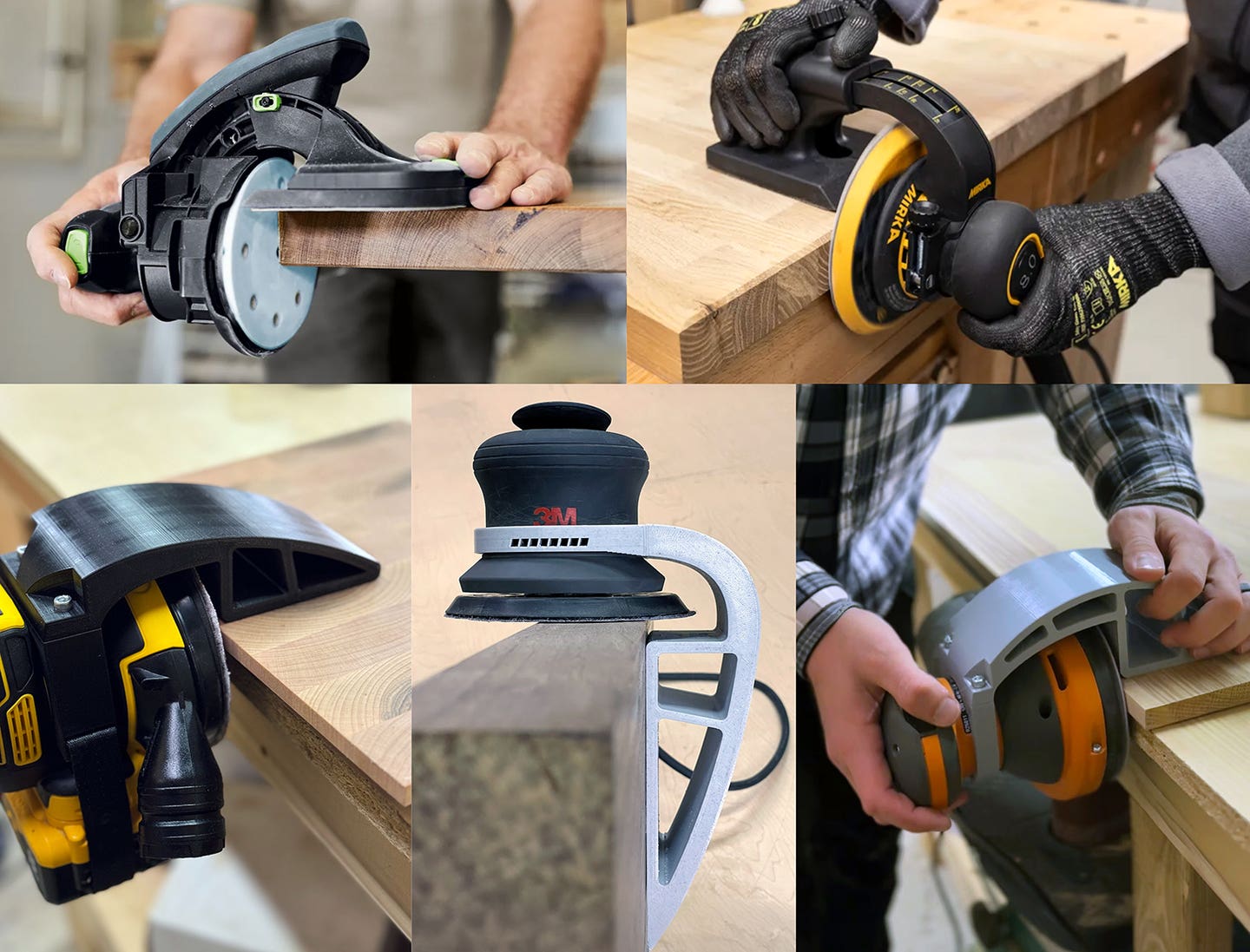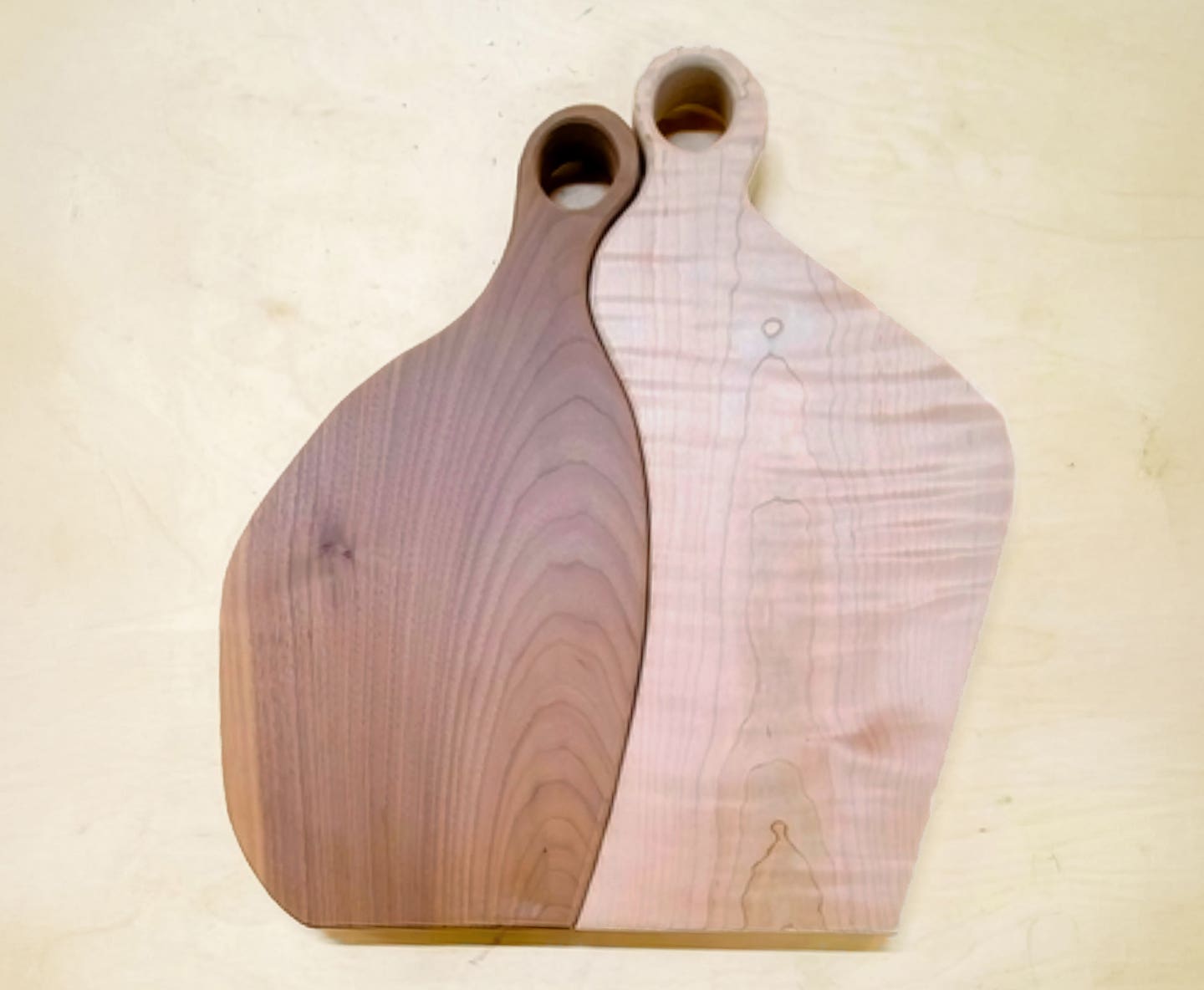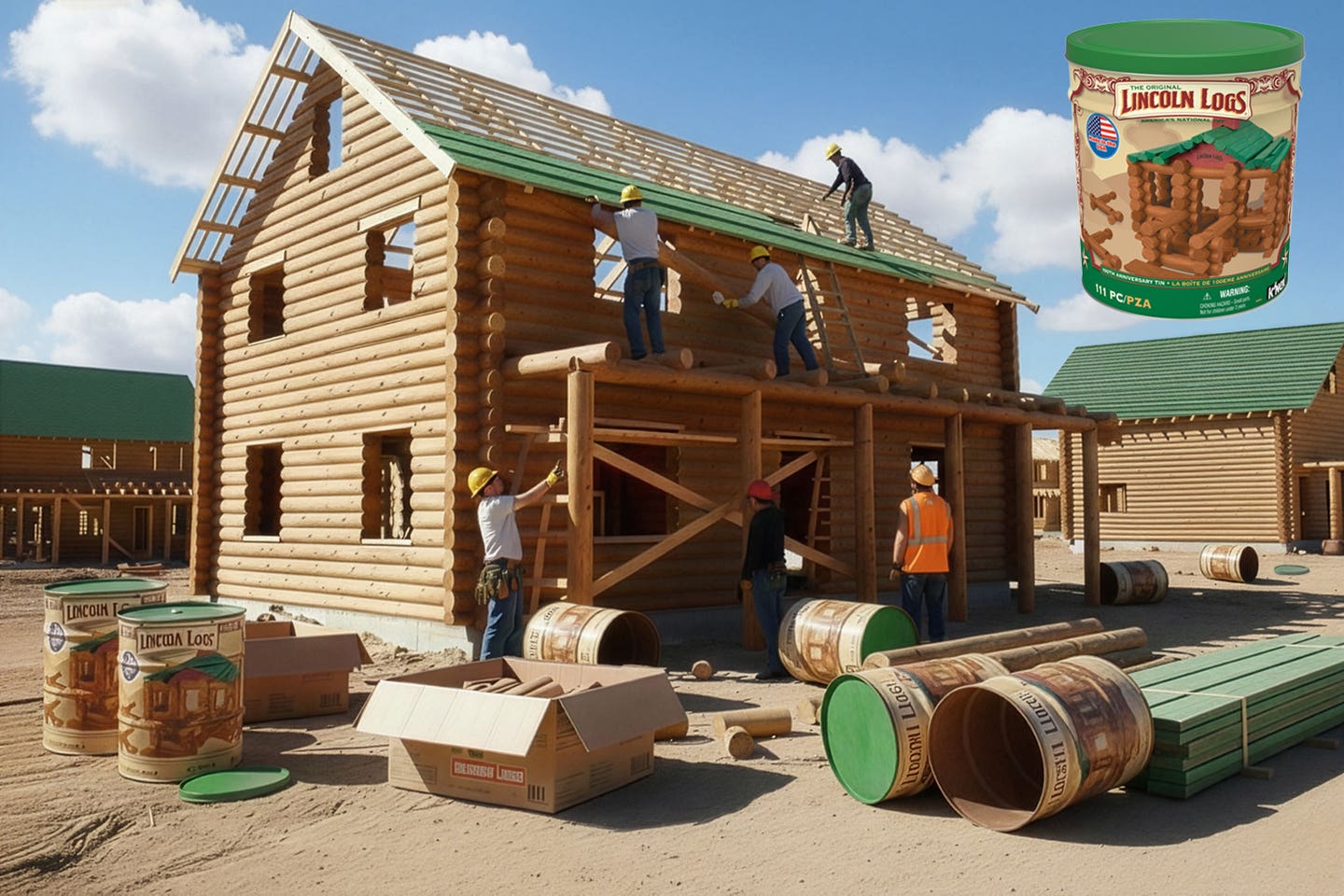Skill and talent
As a veteran woodworker, I’m convinced that this is true: using tools requires skill, which can be developed. But talent is something you’re born with. Skill is part understanding and…
As a veteran woodworker, I’m convinced that this is true: using tools requires skill, which can be developed. But talent is something you’re born with.
Skill is part understanding and knowledge, which can be taught by reading books, watching videos and attending demonstrations. But there is another component that cannot be taught. For lack of a better word, I will call it "feel."
You learn how the tool feels when it's cutting right. You know how it feels when you are taking too big a bite. You can feel the grain starting to tear right through the handle of the tool and you understand how to correct for it. The only way to acquire this feel is to work with the tools. How much time it takes to develop the necessary feel can vary wildly from person to person.
Skill should never be confused with talent. Skill is measurable and definable; talent is not. Skill can be acquired; talent is inherent. A talented individual can produce a beautiful object with apparent ease, regardless of skill level. An increase in skill level may allow the talented individual to accomplish this more easily or in a more refined manner, but the talent will come through regardless.
Some people have loads of talent, while the rest of us make do with what we have.
D.D.
David DeCristoforo possesses an extensive resume as designer/maker of fine furniture, high-end cabinetry and architectural woodwork. His experience in professional woodworking spans a period of 35 years. For the past 20 years David DeCristoforo Design has been located in Woodland, California. During this time David's shop has ranged in scope from a "full on" cabinet production shop with as many as 15 employees to a small fine furniture and custom millwork shop, working with his son, David RBJ, a highly skilled maker in his own right.







